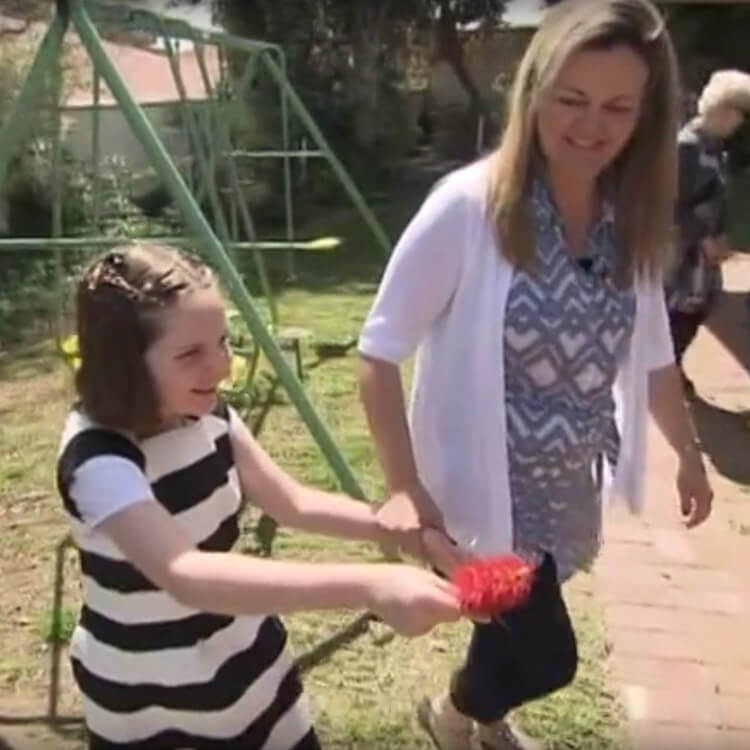Search

News & Events
Perth researchers unlocking mystery of rare seizure diseaseResearchers at The Kids Research Institute Australia are one step closer to finding better treatments for a rare disease causing children to have multiple seizures a day.

News & Events
The Kids researchers honoured at Public Health Association AwardsTwo The Kids researchers working to improve the health & wellbeing of Aboriginal children & their families have both been honoured at the PHAA Awards.

News & Events
Folate researcher awarded for work to prevent birth defectsProfessor Carol Bower has received the prestigious ICBDSR Distinguished Service Award for her work on birth defects - a career that spans 35 years.
Research
Down syndrome or Rett syndrome in the family: Parental reflections on sibling experienceSiblings of children with intellectual disability have unique family experiences, varying by type of disability.
Research
Severe Congenital Heart Defects and Cerebral PalsyTo report the prevalence of cerebral palsy (CP) in children with severe congenital heart defects (sCHD) and the outcome/severity of the CP.
Research
How Families Manage the Complex Medical Needs of Their Children with MECP2 Duplication SyndromeMECP2 duplication syndrome (MDS) is a rare, X-linked, neurodevelopmental disorder resulting from the duplication of the methyl-CpG-binding protein 2 (MECP2) gene. The clinical features of MDS include severe intellectual disability, global developmental delay, seizures, recurrent respiratory infections, and gastrointestinal problems. The aim of this qualitative study was to explore how the parents of children with MDS manage their child's seizures, recurrent respiratory infections, and gastrointestinal symptoms, and the impact on them as parents.
Research
Inter-rater reliability and agreement of the General Movement Assessment and Motor Optimality Score-Revised in a large population-based samplePrechtl's General Movement Assessment (GMA) at fidgety age (3-5 months) is a widely used tool for early detection of cerebral palsy. Further to GMA classification, detailed assessment of movement patterns at fidgety age is conducted with the Motor Optimality Score-Revised.
Research
Trends in prenatal diagnosis of congenital anomalies in Western Australia between 1980 and 2020: A population-based studyAdvances in screening and diagnostics have changed the way in which we identify and diagnose congenital anomalies.
Research
Kindy Moves: the feasibility of an intensive interdisciplinary programme on goal and motor outcomes for preschool-aged children with neurodisabilities requiring daily equipment and physical assistanceTo determine the feasibility of an intensive interdisciplinary programme in improving goal and motor outcomes for preschool-aged children with non-progressive neurodisabilities. The primary hypothesis was that the intervention would be feasible.
Research
Genotype and sleep independently predict mental health in Rett syndrome: An observational studyRett syndrome is a genetically caused neurodevelopmental disorder associated with severe impairments and complex comorbidities. This study examined predictors of anxiety and depression in Rett syndrome, including genotype.
